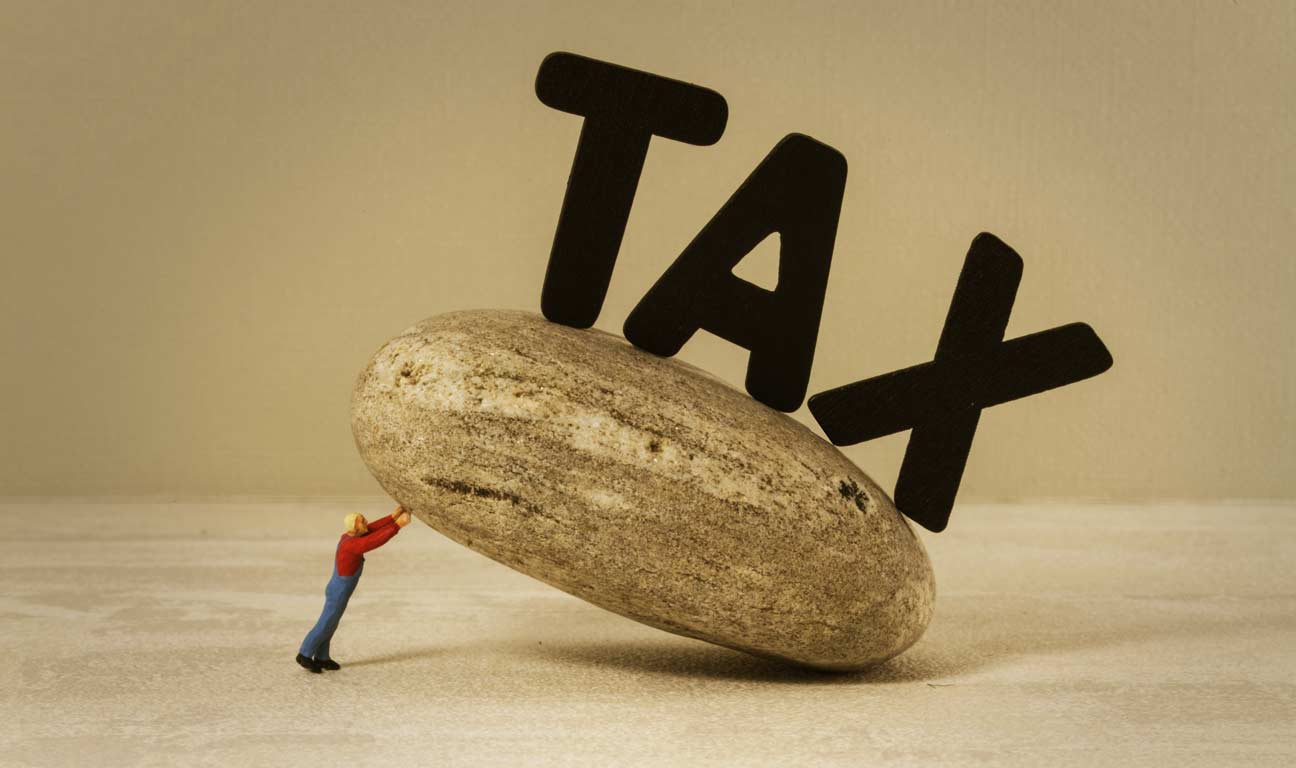By Wescan Accountants
Estate Planning in Canada is an essential step that helps you manage your assets as you wish while minimising tax difficulties for the beneficiaries. Although there are no inheritance taxes, addressing key tax considerations helps protect your legacy and care for your loved ones.
- Spousal Rollovers:
You can transfer assets to your surviving spouse to defer taxes until they sell the assets or pass away. This strategy helps minimise taxes within an estate. - Trusts and Gifting:
Establishing trusts or gifting assets during your lifetime reduces estate taxes. Since Canada has no gift tax, you can transfer assets before death to lower your estate’s tax liabilities. - Life Insurance:
Life insurance death benefits typically remain tax-free. However, if your estate owns the policy, the payout can help settle tax liabilities. When a beneficiary owns the policy, they receive the proceeds directly without tax. - Tax-Efficient Investments:
Investing in tax-efficient vehicles like Tax-Free Savings Accounts (TFSAs) reduces taxes on the investments your beneficiaries will inherit.
Estate planning doesn’t have to feel overwhelming. By understanding the tax implications, using the mentioned strategies, and by reaching out for professional help, you can feel confident knowing your loved ones will be taken care of.
The beneficiaries of an estate do not pay tax on the inheritance they receive. However, the estate will pay taxes before distributing any assets. This includes taxes on any income earned until death and capital gains tax triggered by the deemed disposition of assets.
Wescan Accountants





